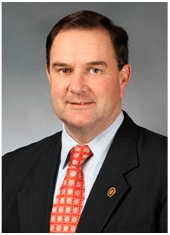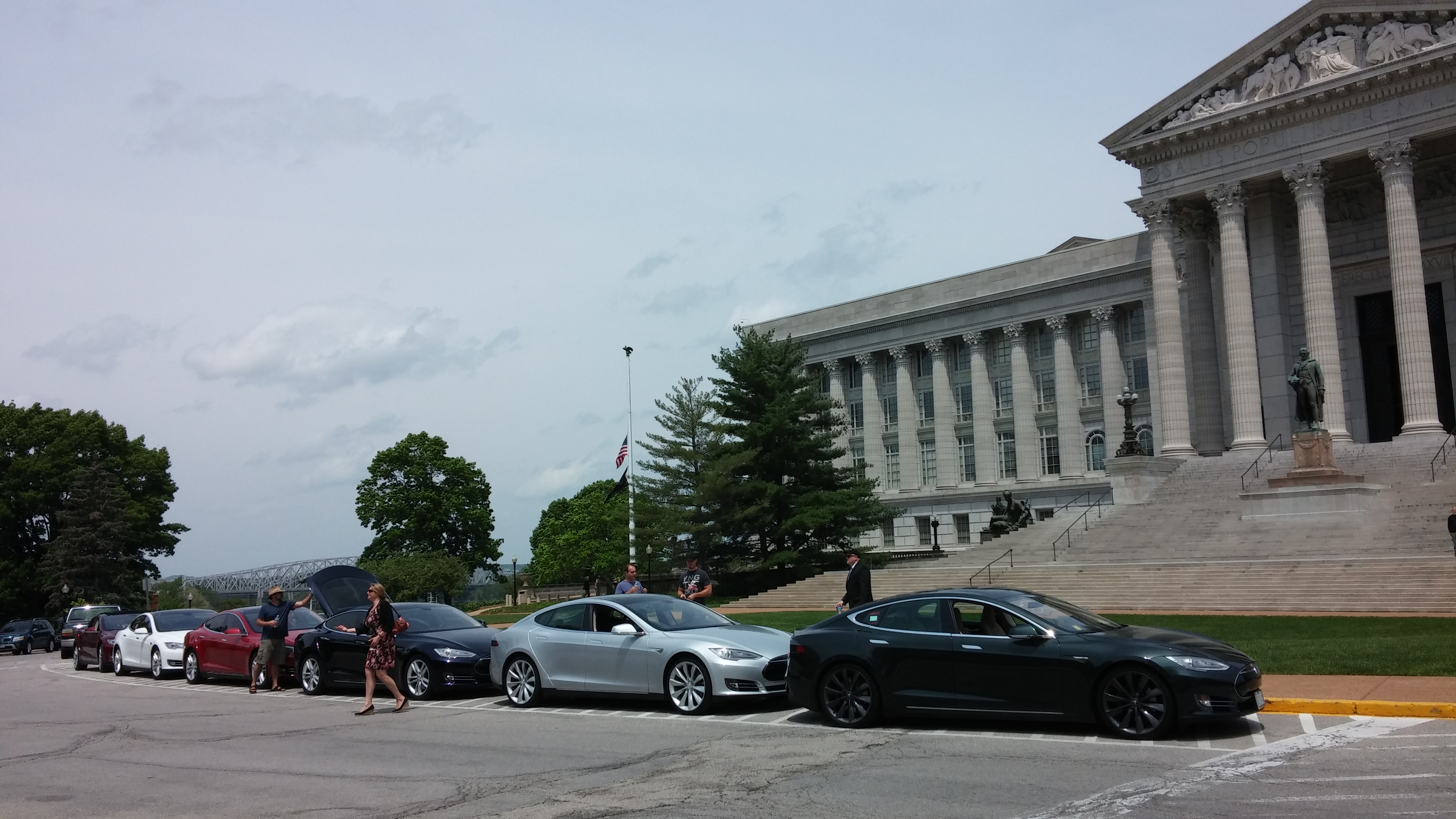JEFFERSON CITY, Mo. — Last week, HB 5606, a bill strengthening Michigan’s automotive franchise law was approved by 38 – 0 in the Michigan State Senate and, 106 – 1 in the Michigan House of Representatives before it was signed by Gov. Rick Snyder, who was an outspoken proponent of the measure. The bill is similar to language that arose during the last few week’s of session in Missouri, which sought to clarify and strengthen Missouri’s franchise law in the wake of direct consumer sales from companies like Tesla Motors.
“This change would merely allow manufacturers who do not have their own franchised dealers to sell through another manufacturer’s network of franchised dealers,” Snyder said. “They will be required, just as they are now, to sell through a franchised dealer, and not directly to consumers. HB 5606 does nothing to change this fact. At most, it clarifies the existing requirement in Michigan law.”
Sen. Mike Kehoe (R-Jefferson City) told The Missouri Times that the Michigan bill is a model for what he hopes to see out of the Missouri general assembly in the upcoming session.

“It’s what we’ve been trying to talk about here for the last couple months here in Missouri,” Kehoe said. “We have a franchise system that we have been following for years and for someone to come along and say ‘I don’t want to pay attention to that system, I just want to do my own thing,’ – it isn’t a level playing field for folks to be able to do that. I’m happy that the Michigan governor agreed with 99.99% of the legislature, and I think that it is a good model for Missouri to look at.”
But Tesla has repeatedly shared that the company believes that it is exempt from the rule because they’ve never performed in a franchise system. As far as Tesla is concerned, their business model is simply a newer innovation in the automobile business. Being forced into the franchise system forces them to play a game they can’t win, the company says.
“What’s good for GM’s customers is not necessarily good for Tesla’s customers,” Tesla officials said in a statement last week. “GM distorts the purpose of the franchise laws which are in place not to cement a monopoly for franchised dealers, but rather to prevent companies with existing franchises from unfairly competing against them.”
Regardless of Tesla’s stance, Kehoe — who owned and operated a Ford and Lincoln-Mercury franchise dealership for two decades — stands in support of the franchise law, claiming that it protects the consumers and provides a competitive market.
“The average person thinks they don’t need this and it would be great to buy direct from a beer distributor or a floor company or from Tesla,” Kehoe said. “But, what the independent distributors do – whether it is a beverage distributor or a car distributor – is keep the market fair. They compete against each other to see the cars at the very best price to the consumer and they are there after the fact to take care of them during service. People think they are buying a car directly from Tesla and getting a factory direct price, but Tesla is selling their cars for full list [price]. The consumer did not get the best deal possible because there are not competitors competing against each other on their business. As much as you think that the average person thinks that the franchise system is not needed, it is needed for competitive reasons – to get the best price, the best service. And also to ensure that the playing field that was established back in the 80s – the current franchise law – is followed by everybody.”
Additionally, senior analyst Michelle Krebs at AutoTrader.com told The Wall Street Journal last week that the franchise law is an important tool to have in place for possibly emerging automobile markets.
“Automakers and dealers worry that foreign automakers will enter the U.S. — perhaps from China — and set up operations that skirt franchise laws by having factory-owned stores. Existing automakers and their dealers fear that would put them at a competitive disadvantage and open the flood gates to even more such operations,” she said. “That’s why they are trying to close those gates securely to Tesla and any of those that follow.”
Similar to Kehoe’s amendment from the spring, Michigan’s law will also allow Tesla to sell cars within the state, but the sales must go through a franchised dealer. Last year, an amendment to force Tesla into the franchise system was defeated in the final days of the Missouri legislative session.
Gov. Jay Nixon’s office declined comment on whether the governor supports franchise law reform.
There are less than 50 Teslas in Missouri.
Rachael Herndon was the editor at The Missouri Times and also produced This Week in Missouri Politics, published Missouri Times Magazine, and co-hosted the #MoLeg podcast. She joined The Missouri Times in 2014, returning to political reporting after working as a campaign and legislative staffer.
Rachael studied at the University of Missouri – Columbia. She lives in Jefferson City with her husband, Brandon, and their two children.




